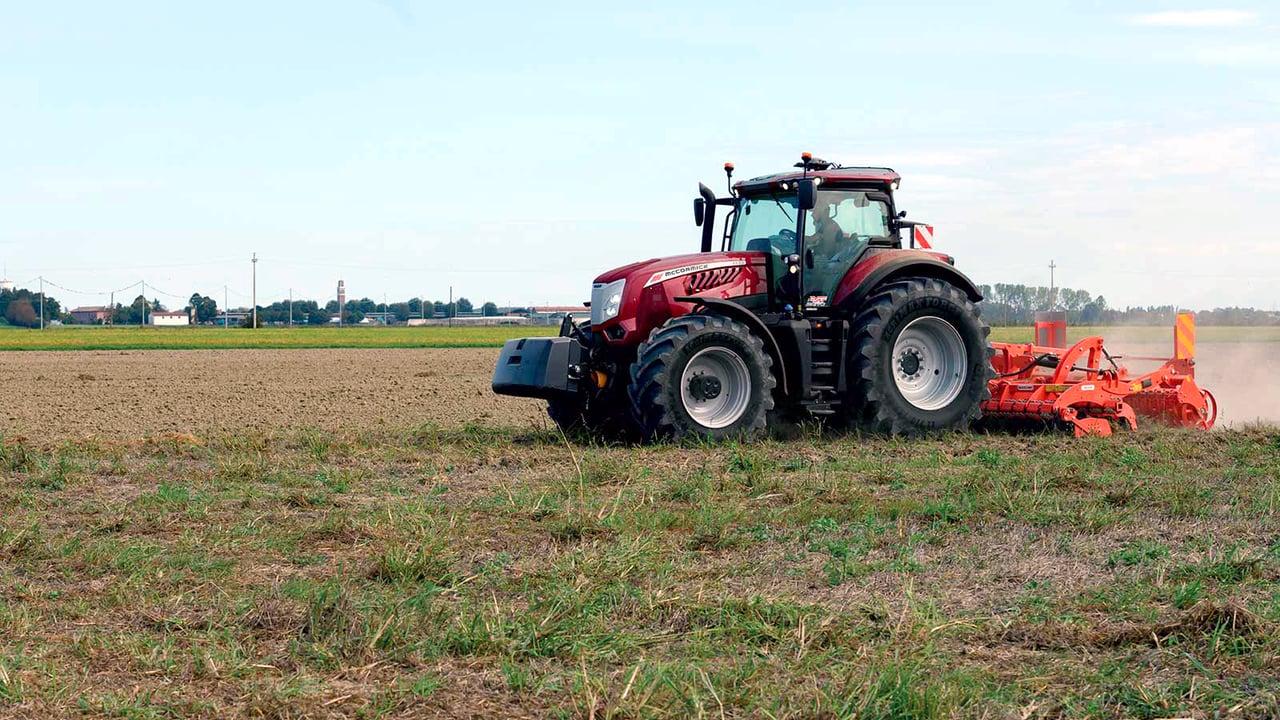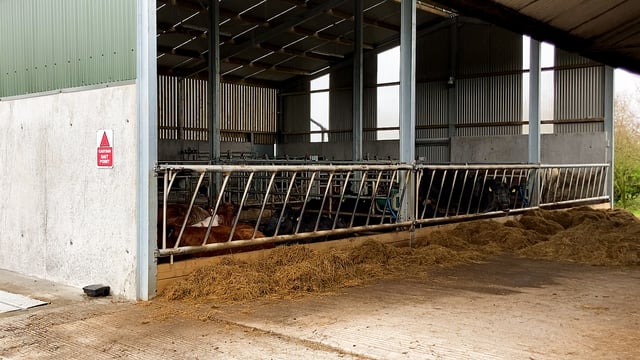Renewable fuels can offer climate-protection option for agriculture
Using renewable fuels consistently will have an immediate impact on climate protection in the transport sector. Such fuel can also offer a readily available climate-protection option for agriculture and forestry, according to the German Bioenergy Association (BBE).
At a press event in advance of the 19th International Conference on Renewable Mobility, Fuels of the Future 2022, which takes place online from January 24-28, the role of sustainable biofuels in climate protection was highlighted.
In Germany, for example, sustainable biofuels led to record greenhouse gas (GHG) savings of over 13.2 million tonnes in 2020 - some 4 million more than the previous year.
The decision by the German Bundestag to introduce a GHG-reduction quota - which rewards the use of biofuels - and to raise that quota in recent years, has been attributed to the positive results.
Commenting, chair of the board, German Bioenergy Association (BBE), Artur Auernhammer, explained:
“This success is due to raising the greenhouse gas (GHG) reduction quota to 6% for 2020 (from 4% in 2019) and shows that the GHG quota and the ensuing competition for GHG efficiency are having an impact.”
He explained that biofuels outperform the minimum requirements on climate protection stipulated in the current EU Directive, "notching up average GHG savings of 81% for biodiesel, 90.5% for biomethane and 92% for bioethanol compared to fossil fuels".
In Germany, the GHG quota will increase from 6% in 2021 to 7% in 2022, subsequently rising step-by-step to 25% in 2030.
In addition, he explained, depending on carbon dioxide (CO2) pricing provisions and the proportion of biofuel added to the blend, they can have a price-dampening effect at filling stations or for commercial vehicle fleets.
"That is because renewable fuels added to petrol and diesel blends are exempt from CO2 pricing under the national emissions trading scheme for transport that has been in force since early 2021.
It is expected that the increased GHG-reduction quota will save a total of around 175 million tonnes CO2 in the transport industry by 2030.
Sustainable biofuels will contribute 110 million tonnes of these overall savings.
Measures within transport industry
According to the German Bioenergy Association the following are some of the measures required at European level to attain climate-protection targets in the transport sector:











